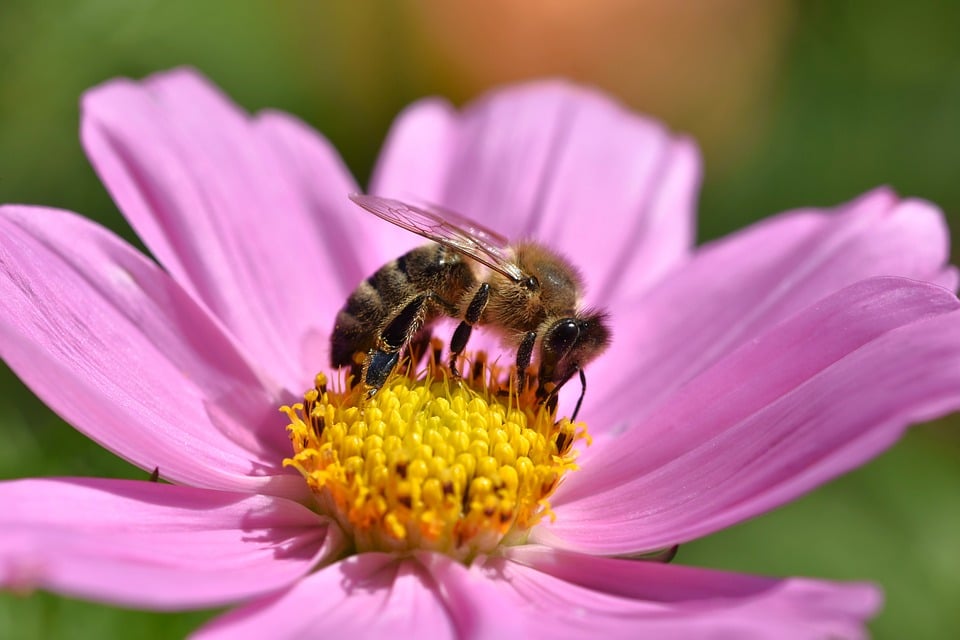In the midst of the hustle and bustle of modern life, it’s easy to overlook the intricate web of life that surrounds us. From the towering trees of the Amazon rainforest to the microscopic organisms in our oceans, biodiversity forms the backbone of our planet’s ecosystems. However, this delicate balance is under threat like never before. In this article, we will delve into the silent yet catastrophic impact of biodiversity loss on our planet’s ecosystems, exploring its historical context, current state, and future predictions.
Historical Context
Throughout history, the Earth has experienced periods of mass extinction, where a large proportion of species vanish in a relatively short period. The most well-known example is the Cretaceous-Paleogene extinction event, which wiped out the dinosaurs around 66 million years ago. While these catastrophic events were often caused by natural disasters like volcanic eruptions or asteroid impacts, the current biodiversity crisis is largely driven by human activities.
Since the Industrial Revolution, human population growth, deforestation, pollution, overexploitation of natural resources, and climate change have accelerated the rate of biodiversity loss to unprecedented levels. According to the World Wildlife Fund (WWF), the Earth has lost approximately 60% of its vertebrate wildlife population since 1970. This alarming trend not only threatens the survival of countless species but also jeopardizes the stability of entire ecosystems.
Current State
The loss of biodiversity affects every aspect of our lives, from food security and medicine to climate regulation and clean water. Here are some key issues contributing to the current state of biodiversity loss:
– Habitat destruction: Deforestation, urbanization, and agricultural expansion destroy the natural habitats of countless species, pushing them to the brink of extinction.
– Pollution: Chemical pollutants, plastic waste, and industrial runoff contaminate ecosystems, poisoning plants, animals, and humans alike.
– Overexploitation: Unsustainable hunting, fishing, and logging practices deplete populations of important species, disrupting the balance of ecosystems.
– Climate change: Rising temperatures, extreme weather events, and ocean acidification threaten the survival of many species, forcing them to adapt or die out.
To address these challenges, conservation efforts are crucial. Protected areas, wildlife corridors, sustainable land use practices, and biodiversity monitoring programs play a vital role in preserving our planet’s rich tapestry of life.
Future Predictions
Despite ongoing conservation efforts, the outlook for biodiversity remains bleak. According to the Intergovernmental Science-Policy Platform on Biodiversity and Ecosystem Services (IPBES), up to one million plant and animal species are at risk of extinction in the coming decades if current trends continue. This loss of biodiversity will have far-reaching consequences for human well-being, leading to food shortages, disease outbreaks, and social instability.
To prevent this looming crisis, urgent action is needed on a global scale. Governments, businesses, and individuals must work together to protect and restore biodiversity, reduce greenhouse gas emissions, and promote sustainable development practices. By investing in nature-based solutions, such as reforestation, habitat restoration, and species reintroduction, we can safeguard the future of our planet’s ecosystems for generations to come.
Conclusion
In conclusion, biodiversity loss is a silent threat that imperils the very foundation of our planet’s ecosystems. By understanding its historical context, current state, and future predictions, we can appreciate the urgency of taking decisive action to protect and restore biodiversity. As stewards of this precious planet, we hold the power to make a positive difference through our daily choices and actions. Let us join hands in the fight to preserve the richness and diversity of life on Earth. Thank you for engaging with this critical issue, and I urge you to explore further resources for a deeper understanding of biodiversity conservation efforts. Together, we can make a difference.









